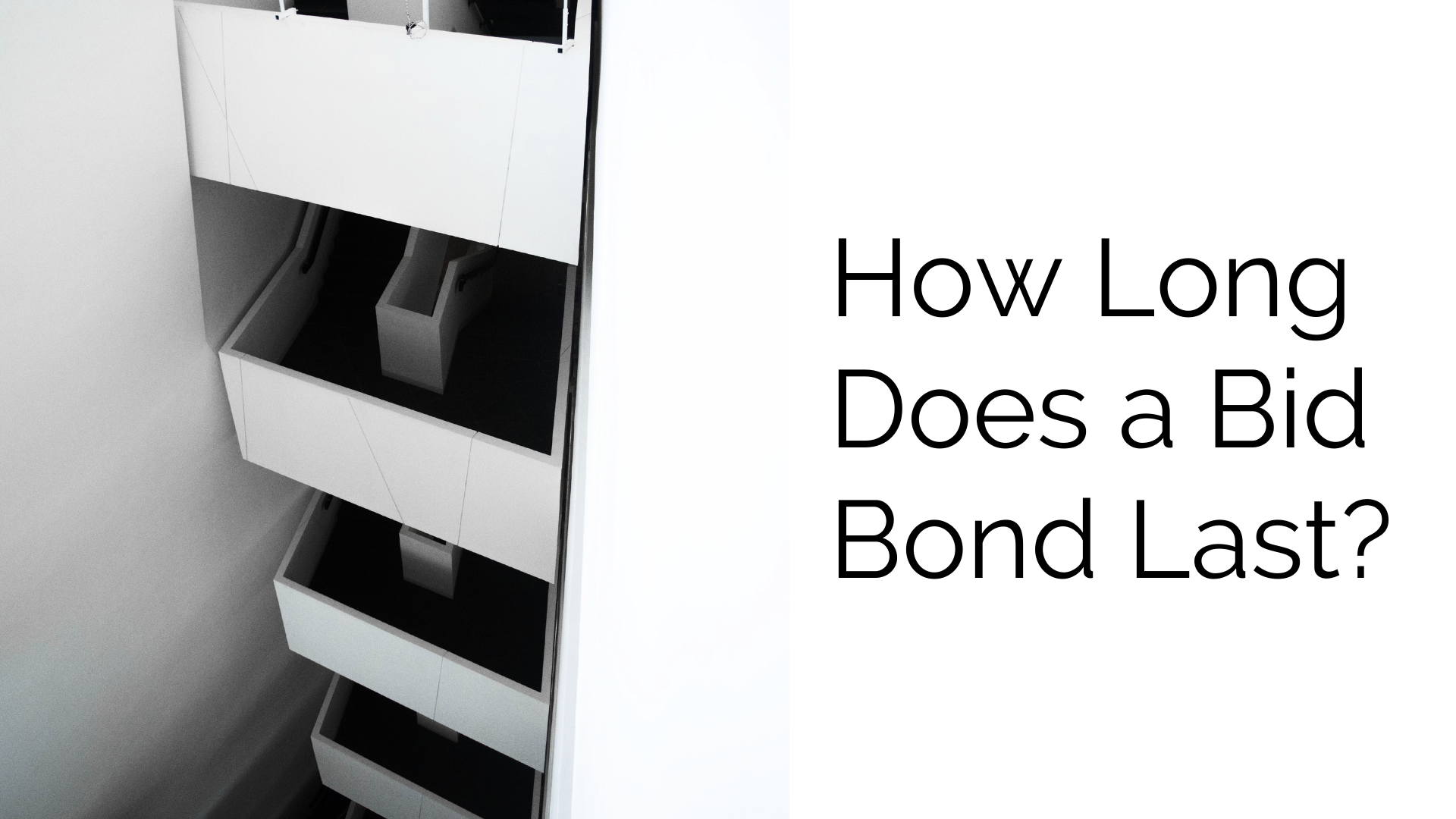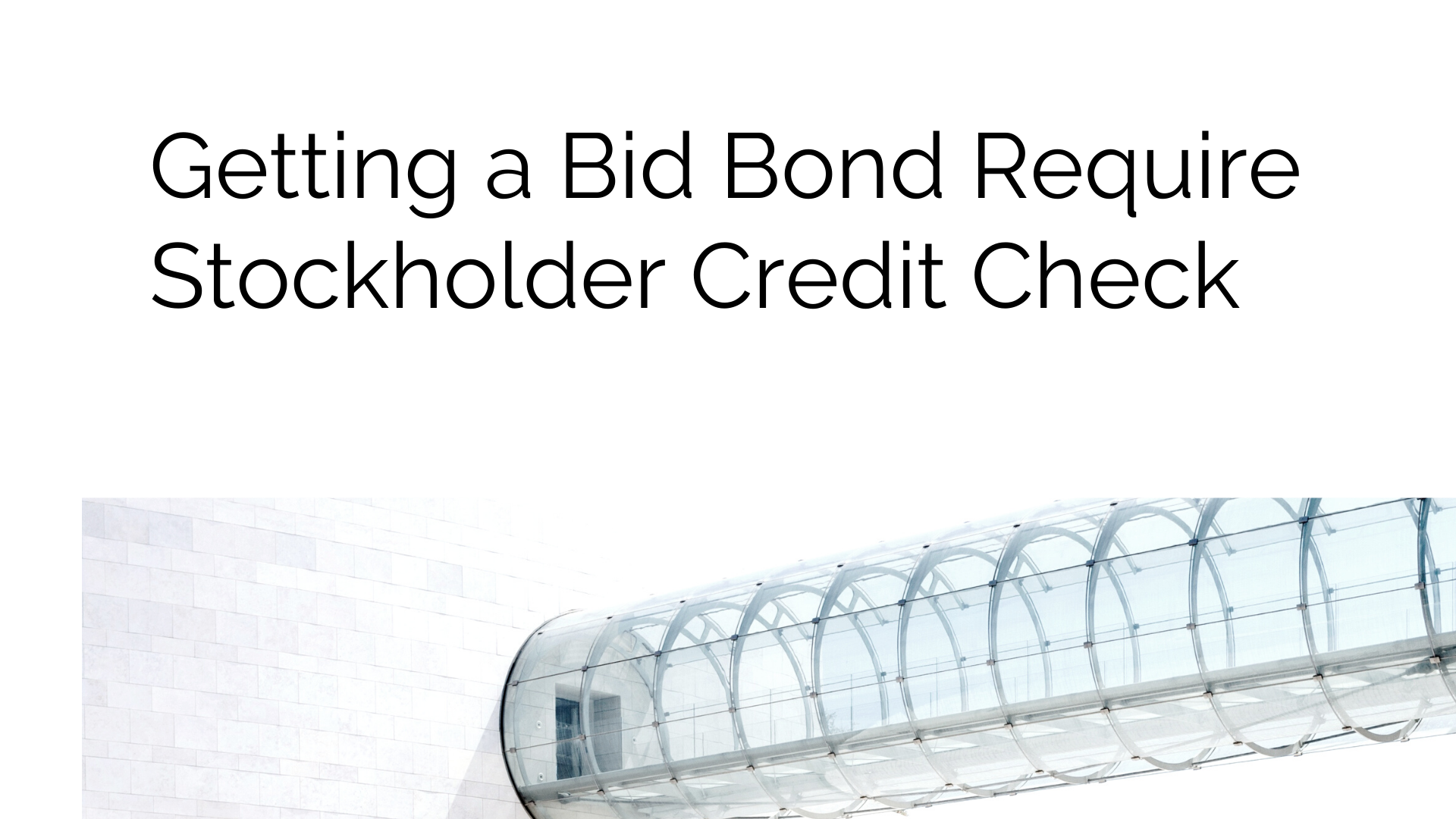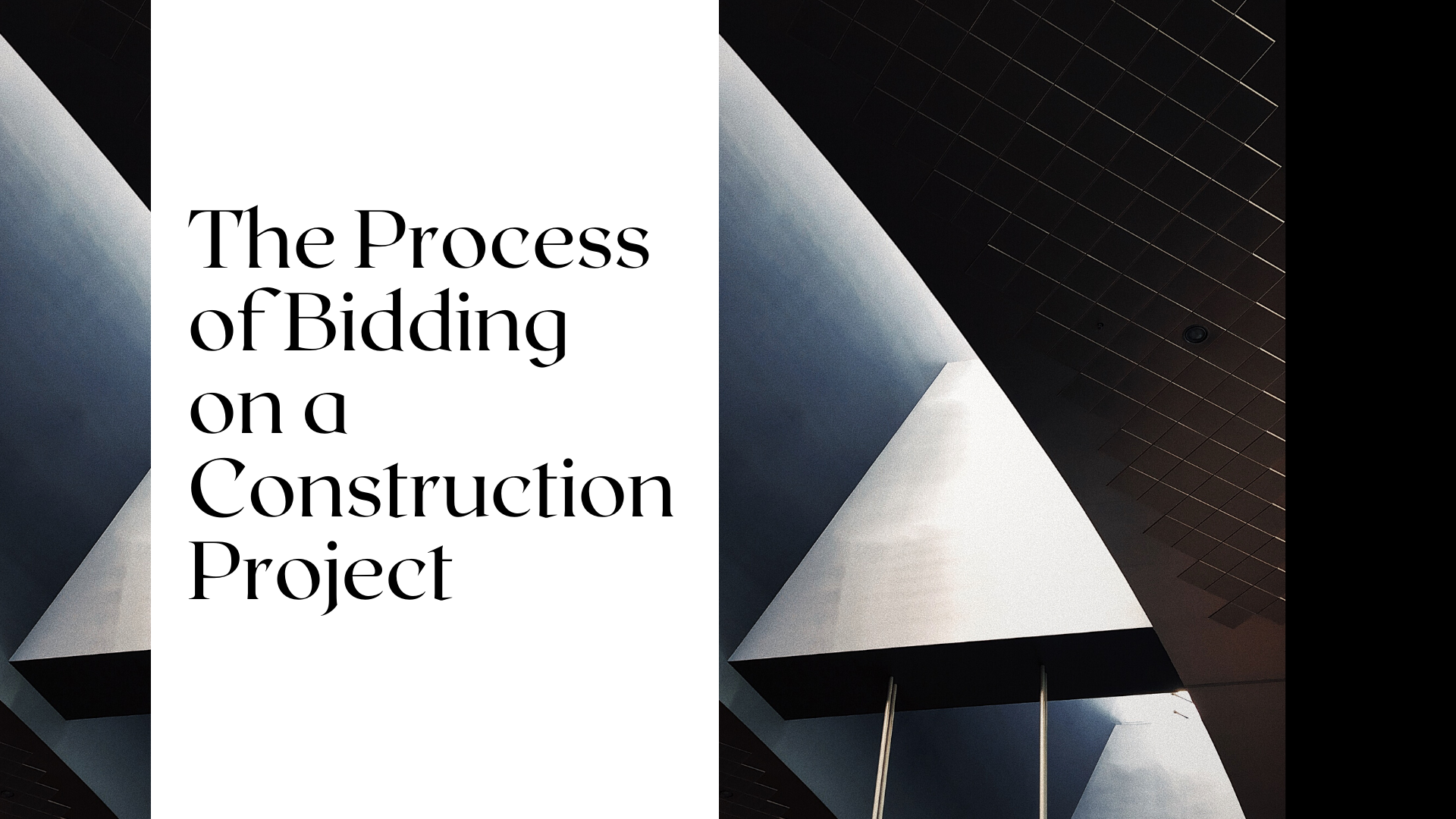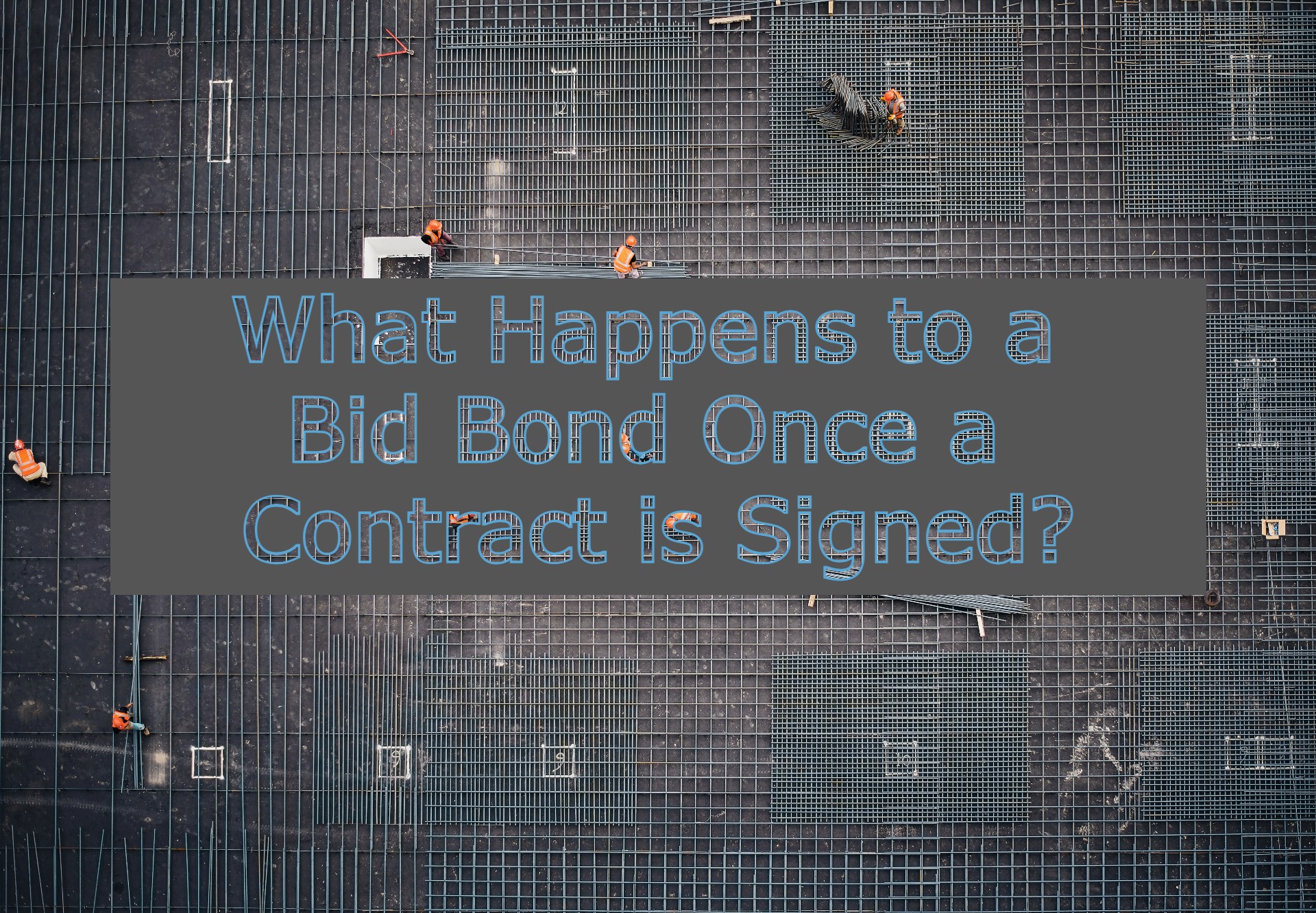When is a Bid Bond Required?
If you are bidding on a construction project, one of your most common requirements is to provide a bid bond. A bid bond is essentially an agreement that you will enter into with the owner or general contractor that states that if you are awarded the contract, then you must provide them with a performance bond and possibly other types of bonds before work can begin.
Other than complying with government regulations or standard practices within the construction industry, there aren’t many good reasons why someone would require you to obtain a bid bond. But some owners and general contractors may want more security in case they award the job to you and something goes wrong during construction so they ask for it as part of the contract.
To ensure that you are serious about your bid and prepared to fully carry out your obligations if hired. As with any type of agreement, you must provide this type of security in order to convince the owner or general contractor that you will honor your word. Without it, they might not want to consider awarding the contract to you, which could affect your ability to get future contracts. And even though putting up a performance bond is considered adequate protection, some owners or general contractors may require both types of bonds before work can begin on their project. To protect the owner or general contractor against fraud.
When would you use a Bid bond?
A Bid bond is a common form of bid security used when there is more than one bidder on the project. The bid bond guarantees that, if you are awarded the contract, you will provide a Performance Bond and Payment Bond for the work at completion so that you can not become insolvent before completing your work. If this happens to you, your performance bond ensures that subcontractors and suppliers get paid and finish their work.
Your payment bond ensures that all workers, subcontractors, and suppliers get paid according to the terms of your contract. This might happen if the owner goes bankrupt or has cash flow problems in paying off construction costs. A second benefit is also providing incentive for contractors to give you good service because they are assured of getting paid for their labor and materials.
Your Bid Bond assures your bid is a good one and will be honored if it is the winning bid. Bidding on a project with an existing Guaranteed Maximum Price is not necessary, since you can’t go lower than that price without losing money.
When is Bid bond used?
A bid bond is an agreement between the Bidder and the Owner where the Bidder makes certain promises, mainly to provide sufficient funds to start work if he wins the contract. What happens is that, when a Contractor submits its bid, it should also submit a Performance Security (i.e., Bond) with its Bid. The bond will remain valid throughout the whole duration of the contract, even after Notice to Proceed (NTP). Usually, it has to be accompanied by a Letter of Credit (LOC), but this subject will be covered at another time.
A Bid Bond guarantees that if the bidder wins the contract then they will enter into that contract on those terms and conditions; otherwise, they are liable for repayment of his bid deposit. If the Bidder wins the contract, the Owner deducts the bid bond premium from the price of the contract. Thus, although you might not necessarily think Bid Bonds are extremely important because they make sure that contractors stay honest about their bids.
Bid Bonds are usually required by owners for all or part of a contractor’s performance security on construction projects where the contractor agrees to be responsible for the cost of completing work within a budget. In addition, owners sometimes require bid bonds when there is a project labor agreement involved and/or if the contractor is submitting its bid without having obtained any required local building permits.
The financing costs associated with managing Bid Bonds can add significant expenses during the construction process. It is difficult to say when Bid Bonds are used, or not used, because they can be part of the contract documents and legal requirements of each project.
When is a Bid bond needed?
A bid bond is a surety given by the bidder to his client that requires the client to pay the surety if their bid is not accepted. A bid bond also entitles the surety to know why or on what ground it was rejected. You need a bidding bond only when you are required to give one in your Bidding Documents.
The contract may specifically provide for payment of lien prior to the opening of bids. If so, bidders should be familiar with these provisions and they must adhere strictly to them. The reason for this contractual provision is obvious enough – an award cannot be made unless all obligations under that award have first been met. There are occasions however when it is impractical for government agencies to wait until the time of award before clearing up all obligations.
In such a case, the contract may include a provision for a lien bond in an amount sufficient to ensure that all claims will be paid before taking possession of the land. It is important to note that any bidder who gives such a bond waives his right to challenge the validity of the bonds given by other bidders and must do so if necessary before payment can be made for property acquired under such conditions. A party whose bid has been accepted cannot refuse performance on the ground that their lien rights have not been satisfied unless they can show the unacceptability of some other bidder’s submitted lien bond.
Why is a Bid bond usually required for a construction contract?
Typically, contractors who are awarded the construction of public works projects will be required to provide a bid or performance bond. This requirement can vary depending upon the locality/jurisdiction of the project, but it is common throughout the United States.
A bid bond ensures that if you do not win your bids (on any of them), then you must return all of their money. If you win one or more bids on some specific projects, then you must pay their winning bid price(s).
A performance bond ensures that if you cannot perform (fail to complete) your contract work as promised, then they will hire someone else to complete the work and pay according to your original contract. If you do perform, then they will pay you for the work as stated in your contract.
A bid bond is usually required by a prospective contractor to guarantee that there are liquid assets (usually cash) available to them should they be awarded the construction project. The bid bond assures the owner of the project or public works entity that there is money available to complete any contracts awarded to the bidder if they should fail to win one or more bids on specific projects.
A performance bond ensures that if awarded a construction project, then the contractor has sufficient liquid assets available to meet their contractual obligations ensuring an ability to complete all contract work as promised without delay or interruption. It also guarantees that if completed, payments will be made according to individual contract terms and conditions.










